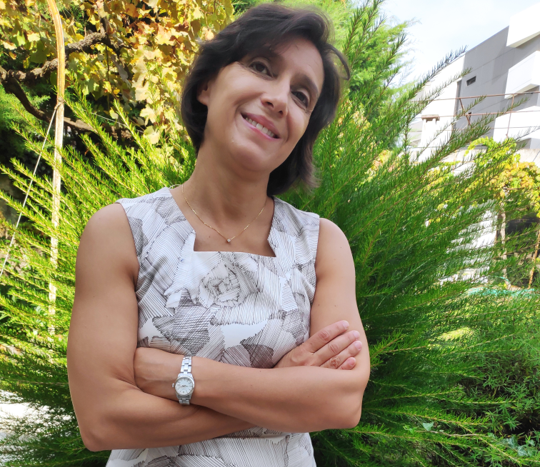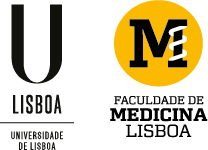World Alzheimer's Day was celebrated on 21 September. It is understandable that it is celebrated worldwide, as it is estimated that by 2050, around 152 million people will live with dementia worldwide (1). Recently, neurological diseases have been identified as the most important cause for living longer years with disability and the second leading cause of death in the world (2). Among the various neurological diseases, dementia has had an increasing incidence. Portugal is one of the countries in Europe with the highest prevalence of the disease, which is not unrelated to population ageing (without a birth rate counteracting these numbers) and a very low educational level (especially of older people, who additionally lived with little investment in their general health status). It is estimated that, today, around 217,000 people live in Portugal with dementia. Around 140,000-150,000 have Alzheimer's disease, the most frequent cause of dementia (3).
We currently know that part of the contribution to the evolution to dementia, including Alzheimer's disease, is potentially and partially modifiable, as risk factors that have been identified throughout life can be changed (4). It's everyone's responsibility. However, the scientific community and health professionals have an important role, as they can not only intervene directly in the populations as health professionals or as researchers, but also promote, through education, better health literacy (and in particular literacy in what is good for cognition), and healthier brains. If, in fact, we cannot change age or our genes, we can change a set of factors, namely: schooling and our cognitive reserve (which can be stimulated throughout life), vascular risk factors (hypertension, stroke, diabetes, hypercholesterolemia, excess weight, excess ethanol, smoking, and sedentary lifestyle). It is also possible to promote healthier lifestyle habits, with more physical activity and more leisure activities in society, in order to reduce social isolation and the risk of depression. We can also do our part to reduce the pollutants around us, as we now know that air pollution itself increases the risk of dementia (4).
Having so much to do, and being within everyone's reach, I believe it is essential that awareness of this pathology is reinforced. And, if the youngest have less of this perception, they need to realize that prevention starts at a young age and that all brains are at risk, in the present moment.
One last note for patients who are already living with the disease. Unfortunately, the recent pandemic has taken away much of the effort and support that existed for these people. Access to diagnosis and to a correct and individualized therapeutic approach is essential in the treatment of dementia, which ends up involving not only the patients, but their entire family. It is urgent that support is resumed and reinforced, so that the best care can be provided.

Ana Isabel Verdelho
Visiting Assistant Professor at the Faculty of Medicine of Lisbon
Neurologist, responsible for the consultation of dementias at the HSM
Researcher at the IMM and the ISAMB
References:
1. Patterson C. World Alzheimer report 2018. London: Alzheimer’s Disease International, 2018.
2. Collaborators GBDD. Global, regional, and national burden of Alzheimer’s disease and other dementias, 1990–2016: a systematic analysis for the Global Burden of Disease Study 2016. Lancet Neurol 2019; 18: 88–106.
3. Gonçalves-Pereira M, Verdelho A, Prina M, Marques M, J, Xavier M: How Many People Live with Dementia in Portugal? A Discussion Paper of National Estimates. Port J Public Health 2021;39:58-68. doi: 10.1159/000516503
4. Livingston G, Huntley J, Sommerlad A, Ames D, Ballard C, Banerjee S, Brayne C, Burns A, Cohen-Mansfield J, Cooper C, Costafreda SG, Dias A, Fox N, Gitlin LN, Howard R, Kales HC, Kivimäki M, Larson EB, Ogunniyi A, Orgeta V, Ritchie K, Rockwood K, Sampson EL, Samus Q, Schneider LS, Selbæk G, Teri L, Mukadam N. Dementia prevention, intervention, and care: 2020 report of the Lancet Commission. Lancet. 2020 Aug 8;396(10248):413-446. doi: 10.1016/S0140-6736(20)30367-6. Epub 2020 Jul 30. PMID: 32738937; PMCID: PMC7392084.


